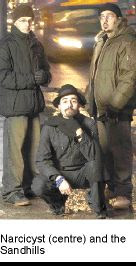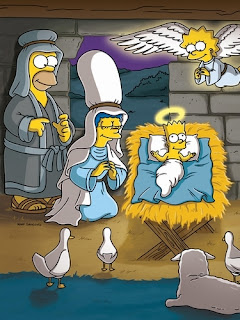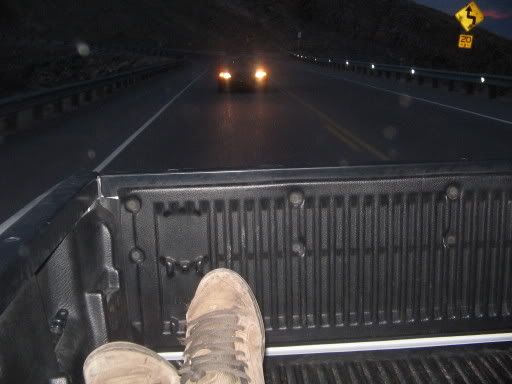
I took a music appreciation class a couple of years ago at a community college, where I was introduced to an Iraqi hip-hop group named Euphrates. I found an article on them, but unfortunately one of their members was killed recently and they've split up. The group recorded and performed songs expressing their political outlook from an Iraqi point of view. Euphrates frontman "The Narcicyst" is involved with another Arab hip-hop group called Arab Summit; a musical project formed by artists with roots throughout the Middle East.
Here's a music video for the song "We Need Order."
It's interesting to see this post-9/11 rise in Arab hip-hop in the United States as a way to eliminate marginalization. I became interested in the subgenre back when I took the class, but like many classes forgot about it after the final exam. Now I've become more and more interested than before considering our discussions in class and how to deal with everything that's going on in the world.
I also found an interview with "The Narcicyst" himself; Yassin Alsalman:




